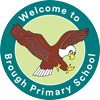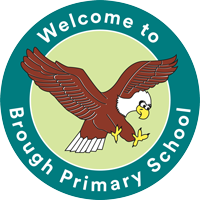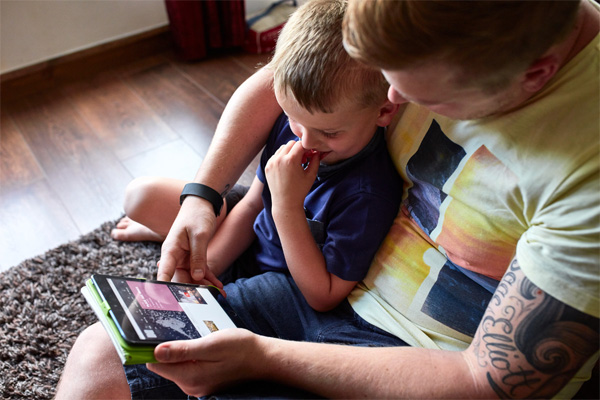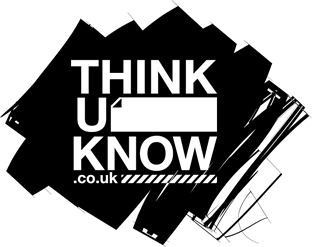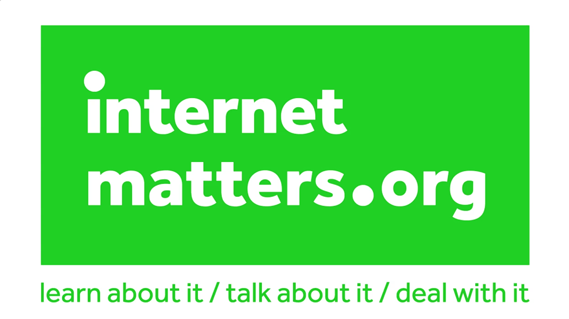Online Safety
What are the issues?
The internet – on the whole is an inspiring and positive place.
The internet is an amazing resource which enables children and young people to connect, communicate and be creative in a number of different ways, on a range of devices.
However, the internet is always changing, and being able to keep up to date with your children’s use of technology can be a challenge.
You may sometimes feel that your children have better technical skills than you do, however children and young people still need advice and protection when it comes to managing their lives online.
Issues that your child may encounter on the internet will vary depending on their age and online activities.
Organisations and websites offering further information and support for online safety:
Play Like Share –
Play Like Share follows the adventures of Sam, Ellie and Alfie as they form a band and enter their school’s Battle of the Bands contest, taking on the mean but ‘cool’ Popcorn Wizards as they go. The three friends learn that while the internet can help, they need to use it wisely and safely.
The aim of the films is to help 8-10 year olds learn how to stay safe online. In particular, the films teach them to spot the early signs of manipulative, pressurising and threatening behaviour by people they might meet online, and develops their confidence to respond safely and get help.
Be Share Aware –
Keep your child safe online
We tell our children it’s good to share – but online it’s different. In fact sometimes sharing online can be dangerous. Being Share Aware will help keep your child safe online.
Watch and share a short film and take a look at some straightforward advice that will untangle the web, and give parents confidence in talking to their children about how to stay safe online.
‘Governance and Leadership: The school’s governors are well-informed, offering both support and challenge to leaders. They are also conscious of staff well-being, contributing to a positive working environment for staff.’
‘Behavior Management: Adults manage behaviour in a consistent way. Pupils say that adults are fair. Leaders have ensured that there are clear routines that pupils follow around school.’
‘Inclusive Support for SEND Pupils: The school provides tailored support for pupils with special educational needs and/or disabilities (SEND), particularly through its “The Bridge” provision. Pupils with complex needs are encouraged to manage their emotions, which positively impacts their learning.’
‘Role Models:
Older pupils enjoy role-modelling good manners and routines to children in Reception during lunchtime.’
‘Cultural Understanding: Pupils are taught to recognise and respect different cultures and religions in wider society… They understand the broader make-up of the community and society that they are a part of.’
‘Pupil Safety and Trust: Pupils say they feel safe and that they trust adults to help them.’
‘Support for SEND Pupils: Pupils with complex special educational needs and/or disabilities (SEND) who access ‘The Bridge’ are given bespoke support to help them in their learning.’
‘School Environment:
This is a school that is built upon respect and kindness. Relationships between adults and pupils are warm and caring. A sense of family and community runs through the school.’
‘Governance and Leadership: Governors understand their roles. They assure themselves that what leaders tell them is reflected in the reality of pupils’ experiences. They offer support and challenge to leaders.’
‘Positive Behavior and Role Models: Older pupils act as role models for younger ones, helping them with manners and routines. The school maintains a calm and orderly environment, contributing to a feeling of safety for the pupils.’
‘Safeguarding: The school has effective safeguarding arrangements, ensuring the safety and well-being of all pupils.’
‘Engaged Learners: Pupils are enthusiastic about learning, show pride in their work, and consistently follow the clear routines set by the school. This contributes to a positive learning environment.’
‘Phonics and Reading: Pupils enjoy reading and being read to. The phonics curriculum begins early in Reception, and staff receive regular training to deliver it effectively. There is a strong reading culture, especially in the early years.’
‘Extracurricular Activities and Cultural Awareness: Pupils participate in a wide range of activities beyond the classroom, such as residential experiences. They are also taught to respect different cultures and religions, helping them understand and reject prejudice and discrimination.’
‘Caring and Respectful Environment: The school fosters a culture of respect and kindness. Relationships between staff and pupils are warm, and there is a strong sense of community and family within the school. Pupils feel safe and trust the adults to support them.’
‘Enthusiasm for Learning: Pupils are enthusiastic about their learning. They begin their work enthusiastically and present their work with pride.’
‘Curriculum:
This work is beginning to give pupils opportunities to build more knowledge over time. For example, Year 2 pupils talk confidently about their learning about The Great Fire of London from Year 1, and how this connects to current learning in history.’
‘Curriculum Development: The curriculum has been developed to help pupils build knowledge over time. There is evidence of students connecting previous learning to current lessons, indicating a well-structured curriculum.’
